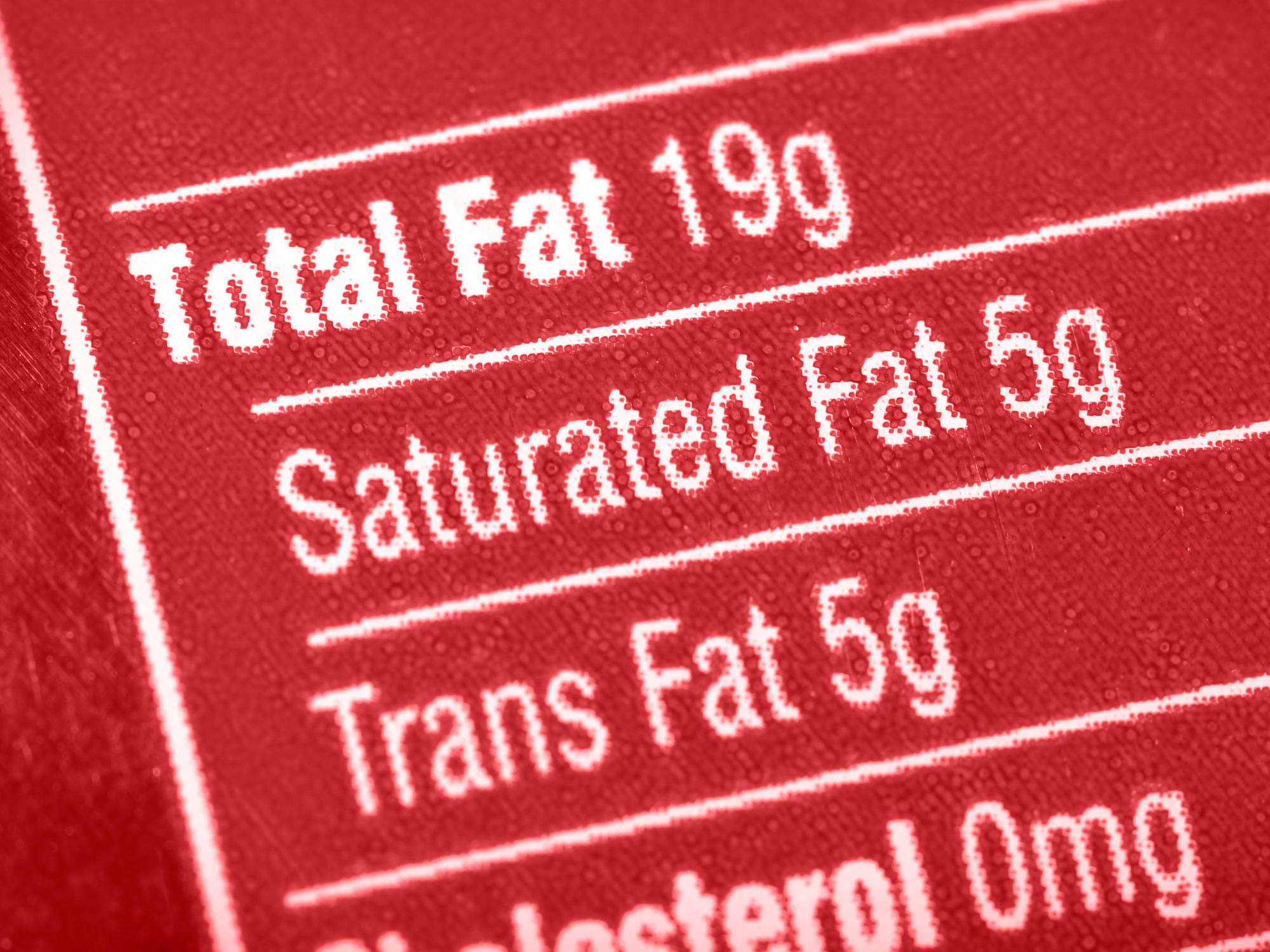Get Easy Health Digest™ in your inbox and don’t miss a thing when you subscribe today. Plus, get the free bonus report, Mother Nature’s Tips, Tricks and Remedies for Cholesterol, Blood Pressure & Blood Sugar as my way of saying welcome to the community!
Why sneaky trans fat could steal your memory

You’ve probably heard that trans fat is the unhealthiest kind of fat you can eat. It increases your risk of heart disease, stroke, and type 2 diabetes. But what is it exactly?
Trans fat is a type of unsaturated fat. Most trans fat is artificially created (although, some occur naturally in meat and dairy products) when food manufacturers add hydrogen to vegetable oil, so the oil doesn’t spoil as quickly. Trans fat is usually referred to as “partially hydrogenated oils” on food labels. And if you’ve ever read labels on processed food, you know that trans-fat is in practically everything.
In 2015, however, the FDA finally decided to crack down on trans fat. They told food manufacturers that they had three years to get it out of the food supply. In June 2018, their three years were up… which means all our food should be trans-fat-free by now, right?
Wrong.
Despite the ban, small amounts of trans fats are still allowed in foods. Foods containing less than a half gram of trans fat can be labeled as containing zero trans fat. And if you eat a lot of the wrong foods, small amounts of trans fat could still add up to bad health. In fact, they could even increase your risk of dementia…
Trans fat raises dementia risk by more than 50 percent
A new study from researchers at Kyushu University in Japan shows that trans fat could cause a higher dementia risk.
The study included 1,600 people who were an average age of 70. Researchers tracked their health for ten years. At the end of 10 years, 377 people had developed dementia. And guess what?
The people who had high levels of trans fat in their blood at the start of the study were far more likely to develop dementia by the end — 52 percent more likely, to be exact.
The foods that were most likely to cause these people to have high blood levels of trans fats were sweet pastries, margarine, candies and caramels, croissants, non-dairy creamers, ice cream, and rice crackers.
“These results give us even more reason to avoid trans fats,” said lead author Toshiharu Ninomiya, a professor of epidemiology and public health at Kyushu University. “In the United States, the small amounts still allowed in foods can really add up if people eat multiple servings of these foods, and trans fats are still allowed in many other countries.”
Why you’re still not safe from trans fats
A few things to know about trans fats in the American food supply right now…
Like I mentioned earlier, small doses (.5 grams or less) are still allowed in foods labeled “zero trans fats.” According to information at WebMD, the FDA says trans fats could still be in foods like:
- Crackers, cookies, cakes, frozen pies, and other baked goods
- Snack foods (such as microwave popcorn)
- Frozen pizza
- Fast-food
- Vegetable shortenings and some stick margarines
- Coffee creamer
- Refrigerated dough products (such as biscuits and cinnamon rolls)
- Ready-to-use frostings
You should also check the nutritional information for foods from fast-food chains.
And remember, even though trans fat was banned in June 2018, foods manufactured before then can still be sold until January 2020 (or 2021 in a few cases). So, you’ll want to keep a close eye on ingredient labels for a while. And, as always, keep your processed food intake to a minimum.
Another thing to consider… a lot of Americans have been eating far too many trans fats for far too long. If you’re one of them, your dementia risk could already be higher as a result. But it’s never too late to start turning that risk around. And you can do that by following lifestyle habits proven to lower dementia risk.
Lucky for us, the world health organization just released the top 10 ways to reduce your dementia risk based on the latest science. Here’s what they are:
- Exercising
- Quitting smoking
- Eating healthy (especially the MIND diet)
- Not drinking too much alcohol
- Trying brain training games
- Watching your weight
- Managing your blood pressure
- Controlling your diabetes
- Balancing cholesterol levels
And guess what? Cutting trans fat from your diet will help you check off at least five suggestions on this list… so you’re off to a good start!
Sources:
- Banned trans fats linked to higher dementia risk — MedicalXpress
- Artificial trans fats banned in U.S. — Harvard T.H. Chan School of Public Health
- 7 Foods That Still Contain Trans Fats — Healthline
- Trans fat is double trouble for your heart health — Mayo Clinic
- Trans Fats — American Heart Association













